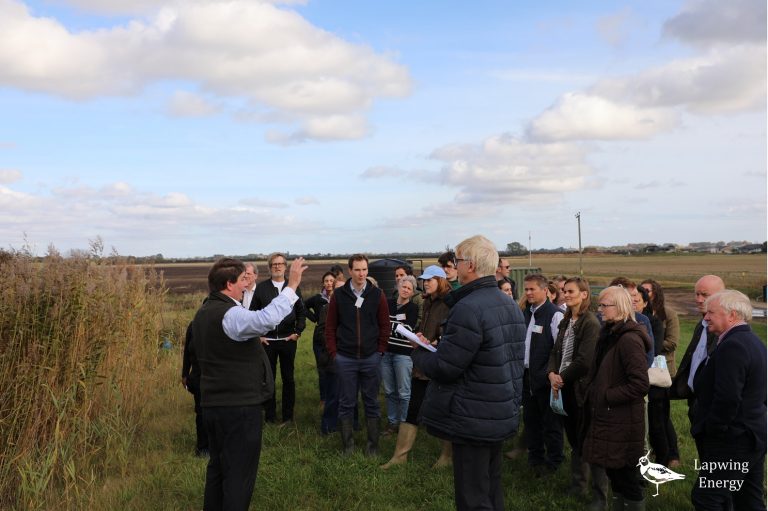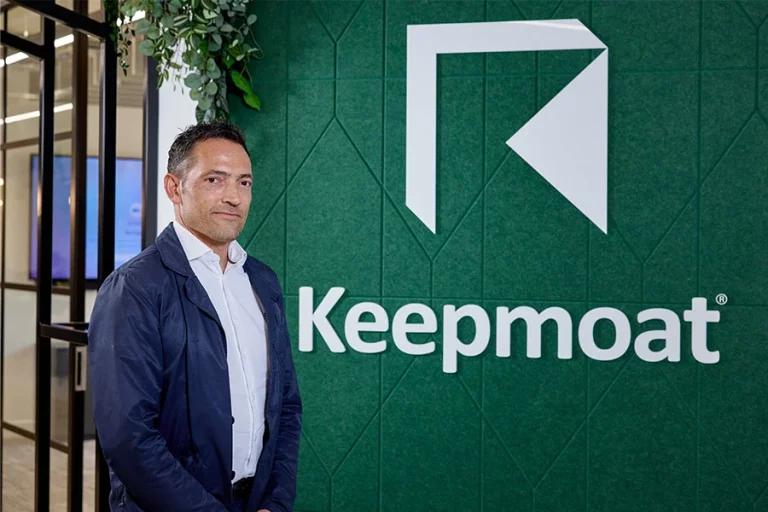An as-yet-unnamed operator has been appointed to take over Doncaster Sheffield Airport which will lead to eventual reopening of the site — and the three South Yorkshire Chambers are applauding everybody involved in getting the landmark deal over the line.
Negotiations now entering into their very final stages but the decision is seen as a major step forward and a huge win for South Yorkshire, with the possibility of passenger flights resuming in spring 2026.
The South Yorkshire Mayoral Combined Authority will soon be considering a business case for the immediate release of £3 million (from an earmarked £138 million gainshare) to support the ongoing negotiations at this critical juncture.
Dan Fell, Chief Exec of Doncaster Chamber, said: “It goes without saying that this is incredibly heartening news, not only for Doncaster but for the wider region too. As we have long maintained, successful economies need successful airports in order to thrive and so the return of DSA naturally has massive implications for South Yorkshire.
“With that in mind, I’d like to take this opportunity to applaud everybody who has played a role, however small, in getting this deal over the line. In particular, our public sector partners at City of Doncaster Council and SYMCA deserve to be commended for taking such a bold and entrepreneurial approach to these negotiations; ultimately enabling us to get where we are today.”
Louisa Harrison-Walker, Chief Exec of Sheffield Chamber, added: “I am sure I can speak on behalf of our business community when I thank the various leaders and behind-the-scenes officers involved here for their tremendous hard work and dogged persistence. They have truly opened up new, exciting opportunities for the region.
“The news that South Yorkshire is, at long last, getting its airport back is certainly a very welcome development for Sheffield firms as well. After all, ours is an internationally significant city, with industry-leading companies and a pair of acclaimed universities that are respected the world over. These organisations are all set to benefit from the global connectivity that this revamped airport will provide; whether it’s in the form of supply chain opportunities; the creation of new jobs; or increased access to the best and brightest talent.”
Carrie Sudbury, Chief Exec of Barnsley & Rotherham Chamber, said: “At the time of its initial closure, DSA had huge untapped potential and we are eager to see how the region will take greater advantage of all these opportunities when the airport returns in its new and improved form.
“Indeed, an economic impact study found that it could represent up to £1.56bn in net benefits over the course of three decades. Not to mention, it will also create thousands of jobs right here in South Yorkshire. As Chambers, we naturally welcome anything that prospers our region, but the potential benefits that could be unlocked here cannot be understated.”












